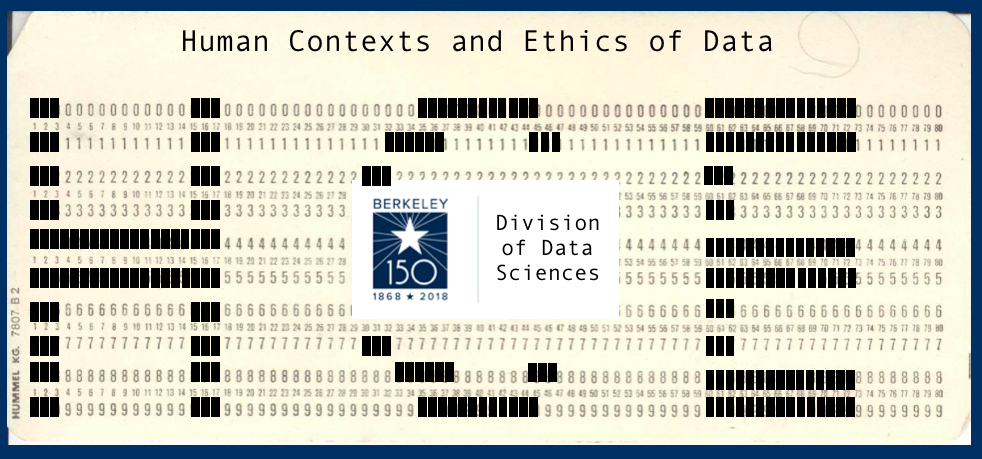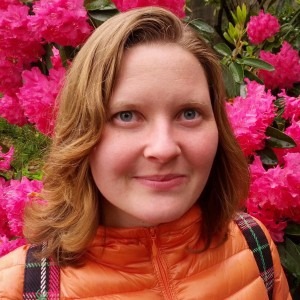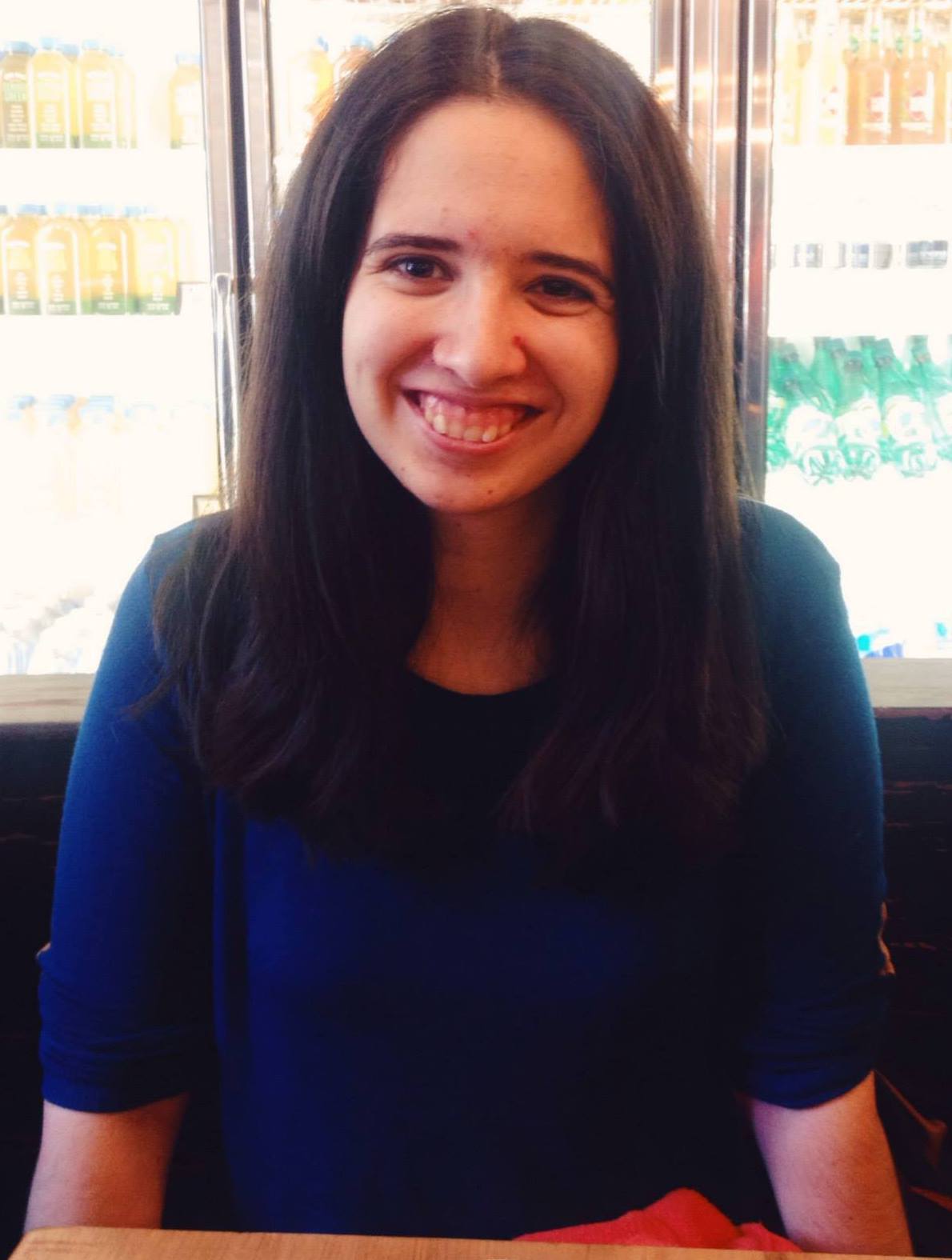

Data-driven services and devices have profound consequences for how we think of ourselves, relate to one other, organize collective life, and envision desirable futures. UC Berkeley's Human Contexts and Ethics of Data course prepares students to use the tools of applied historical thinking and Science, Technology, and Society (STS) to engage as knowledgeable, skillful, and responsible citizens and professionals in the varied arenas of our datafied world.
The course meets the Human Contexts and Ethics requirement of UC Berkeley's Data Science major. It gives Data Science majors systematic exposure and reflective practice in the human choices and social structures that intrinsically shape their work as data scientists. For students who do not intend to major in Data Science, the course will jumpstart your knowledge and strengthen your capacity to take part in guiding our datafied world.
The course carries the broad, inclusive spirit of Berkeley’s Data Science curriculum into the area of human society and collective choices. It is offered in partnership with the Berkeley Division of Data Sciences.



